|
This blog series highlights pertinent publications that were featured in MCI's monthly newsletter editions in the second quarter of 2023. The purpose of this blog is to report interesting or relevant work from MCI Fellows, Grantees, staff members, and other community authors in the field of male contraception.
0 Comments
This blog series highlights pertinent publications that were featured in MCI's monthly newsletter editions in the first quarter of 2023. The purpose of this blog is to report interesting or relevant work from MCI Fellows, Grantees, staff members, and other community authors in the field of male contraception.
This blog series highlights pertinent publications that were featured in MCI's monthly newsletter editions in the fourth quarter of 2022. The purpose of this blog is to report interesting or relevant work from MCI Fellows, Grantees, staff members, and other community authors in the field of male contraception.
The end of the year always invites the opportunity to look back and reflect upon all that transpired over the previous months that help define the year, whether good, bad, or otherwise. It is an opportunity to introspect and evaluate how yesterday’s actions led to today and help inform tomorrow.
How does the law relate to reproductive health, especially male contraception? This is a question I found myself answering in many instances whenever I presented my topic to the lecturer for approval. For once, I thought this would be a unique experience; doing something that has been missing in my field of study and the feeling of being the first to explore the idea was overwhelming. Little did I know that I was getting myself into something that would shape my general perception and career projection.
This blog series highlights pertinent publications that were featured in MCI's monthly newsletter editions in the second quarter of 2022. The purpose of this blog is to report interesting or relevant work from MCI Fellows, Grantees, staff members, and other community authors in the field of male contraception.
Male Contraceptive Initiative’s Statement on the U.S. Supreme Court Decision to Overturn Roe v. Wade6/30/2022 Male Contraceptive Initiative’s vision is “Reproductive Autonomy for All.”
We fund and advocate for the development of new non-hormonal, reversible contraceptives for men and sperm-producing individuals. We envision a world in which every child birth is intentional, and occurs only after careful consideration and in line with the family planning desires of those involved. Our work closes the gap in contraception that prevents men from taking an active role in avoiding a pregnancy, but most importantly, alleviates a disproportionate and undue burden for women. This blog series highlights pertinent publications that were featured in MCI's monthly newsletter editions in the first quarter of 2022. The purpose of this blog is to report interesting or relevant work from MCI Fellows, Grantees, staff members, and other community authors in the field of male contraception.
In 2021, MCI's Youth Advisory Board (YAB) was able to release an undergraduate research opportunity in an effort to engage young scholars in the field of male contraception. The opportunity was made available with support from the Parsemus Foundation and contributions from Male Contraceptive Initiative.
What potential male contraceptives are out there, and when will they be available?
These are two of the most frequent questions we hear and are asked. While it is difficult to pinpoint an exact date and time that the next generation of male contraceptives will be on the market, we wanted to at least attempt to provide some clarity on the great work being done to bring new methods of sperm-targeting contraception to market. As such, we have developed a dedicated space on our website to catalogue the various non-hormonal, reversible male contraceptives being researched. With the global population continuing to grow and men’s options for contraception still limited to condoms and vasectomy, the time is ripe for another contraception revolution¹.
Male Contraceptive Initiative’s mission is, “to empower men, and couples, to fully contribute to family planning goals by providing them the resources they need for reproductive autonomy.” It is how we articulate our most hopeful vision of the future: one where there is reproductive autonomy for all people. This vision and associated mission directs our daily activities, which encompass financial support to the male contraception research community and advocating for the development of additional male contraceptives.
Introduction An organization’s vision, mission, and values are its heart and soul. They act as the North Star that guides all organizational activities, from strategy to execution. Male Contraceptive Initiative identified the need to update and revise these defining organizational statements in order to improve our impact and better evolve towards and align with current realities.
We sat with the Intended showrunners to get a behind the scenes look at the creative journey of producing this science-based dialogue all about the past, present, and future of male contraception. Here’s a Q&A with our own Heather Vahdat, Logan Nickels, and Kevin Shane.
We cite a statistic all the time – that close 50% of pregnancies, both in the US and globally, are unintended. And that’s a staggering number. But we often don’t talk about what is intended.
As with the rest of the world, COVID-19 has turned our lives at Male Contraceptive Initiative upside down. We have closed our office in Durham and taken to working from our respective homes the past week, and each of us is doing our part via social distancing and nearly compulsive hand-washing. These are uncertain days, to say the least.
The end of each year is always a time of reflection and appreciation. It is a time to review the previous months and all of the experiences that helped define the year. Here at Male Contraceptive Initiative, we have spent the past few weeks marveling at what your support has accomplished in 2019:
Intro from Male Contraceptive Initiative Executive Director Heather Vahdat :
Since joining Male Contraceptive Initiative (MCI) in 2018, one of my dreams was to establish a Youth Advisory Board (YAB). The seed of this idea was first planted when I was introduced to YTH, an organization that I now have the pleasure of calling close colleagues. I was immediately impressed by YTH’s deliberate and outward-facing commitment to youth. It occurred to me that the inclusion of youth perspectives in sexual and reproductive health research, programs, and policy should be a best practice for all organizations. In the case of MCI, I believe it is a critical practice given that today’s young men and their partners will be the first beneficiaries of non-hormonal, reversible, male contraceptive methods that are currently in development. Heather and Kevin traveled to Kigali, Rwanda for the 2018 International Conference on Family Planning (ICFP) in November. This is the 5th ICFP, a biennial event which brings together the family planning community to “share best practices, celebrate successes, and chart a course forward.” It is a convening of thousands practitioners, political leaders, scientists, researchers, policymakers, advocates, and youth to disseminate knowledge, celebrate successes, and identify next steps toward realizing a world where access to quality, choice-optimized contraception is a reality.
|
Categories
All
Archives
June 2024
|
|
|
Donate to Male Contraceptive InitiativeYour generous donation makes a difference!
|
© Male Contraceptive Initiative. All rights reserved.

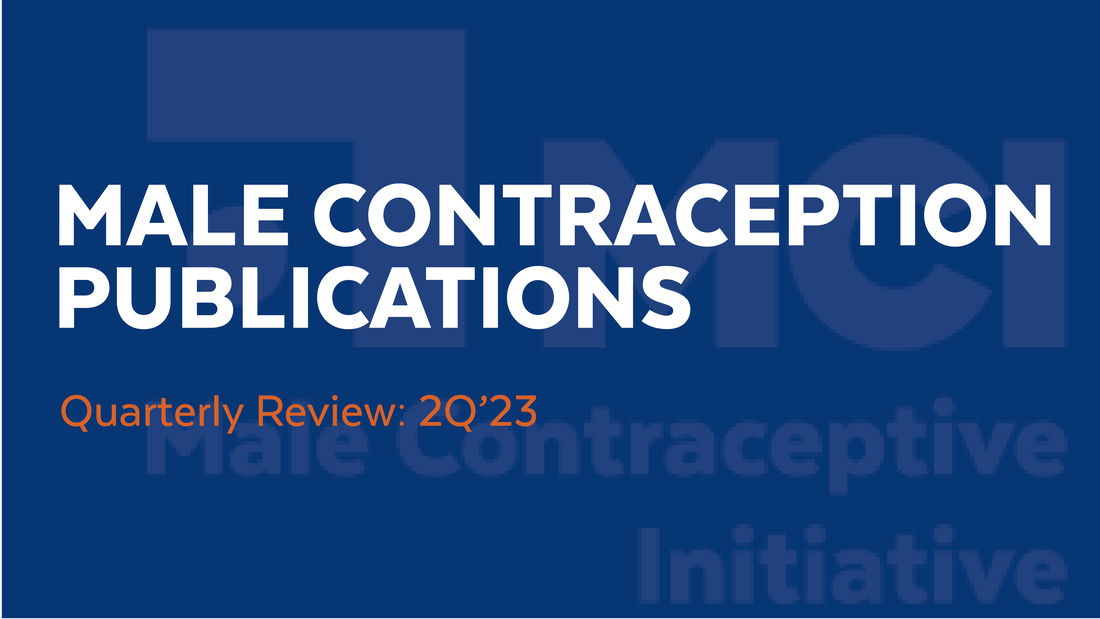
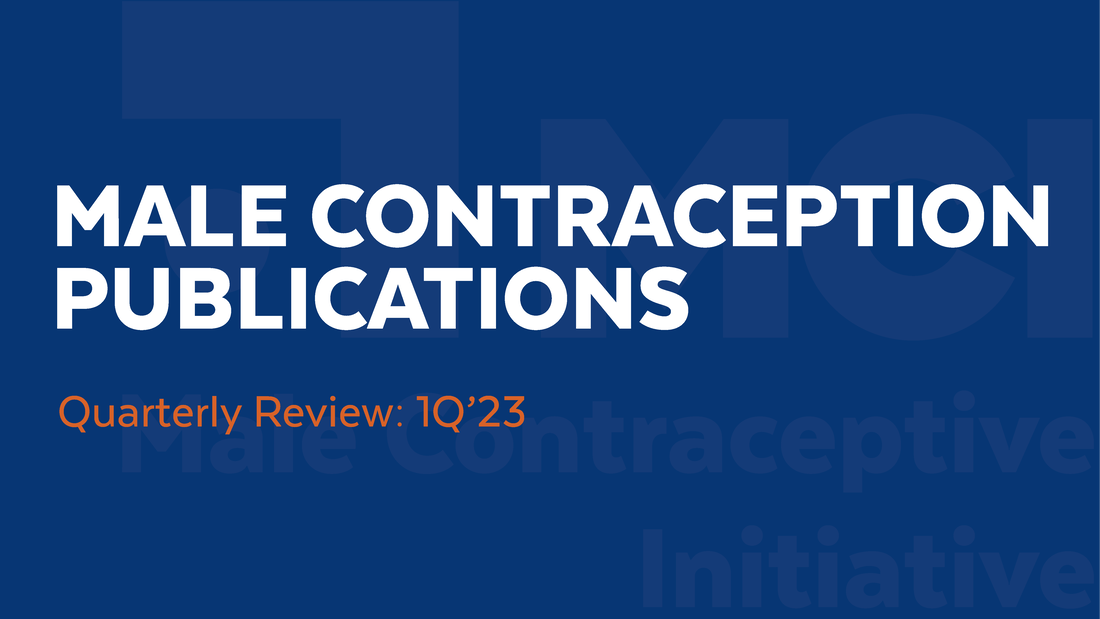
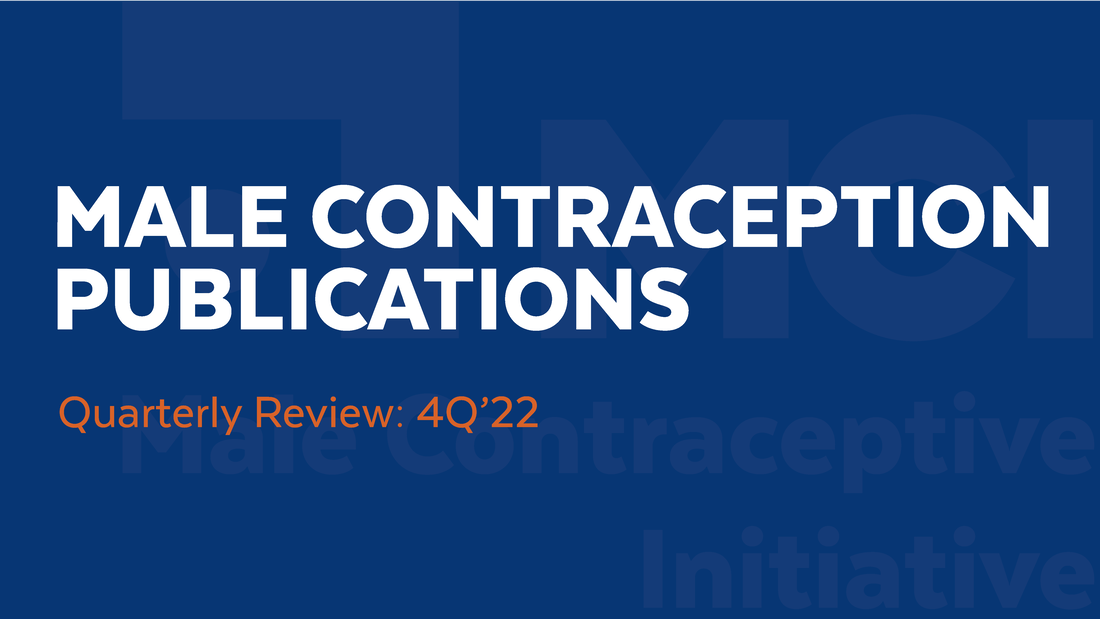

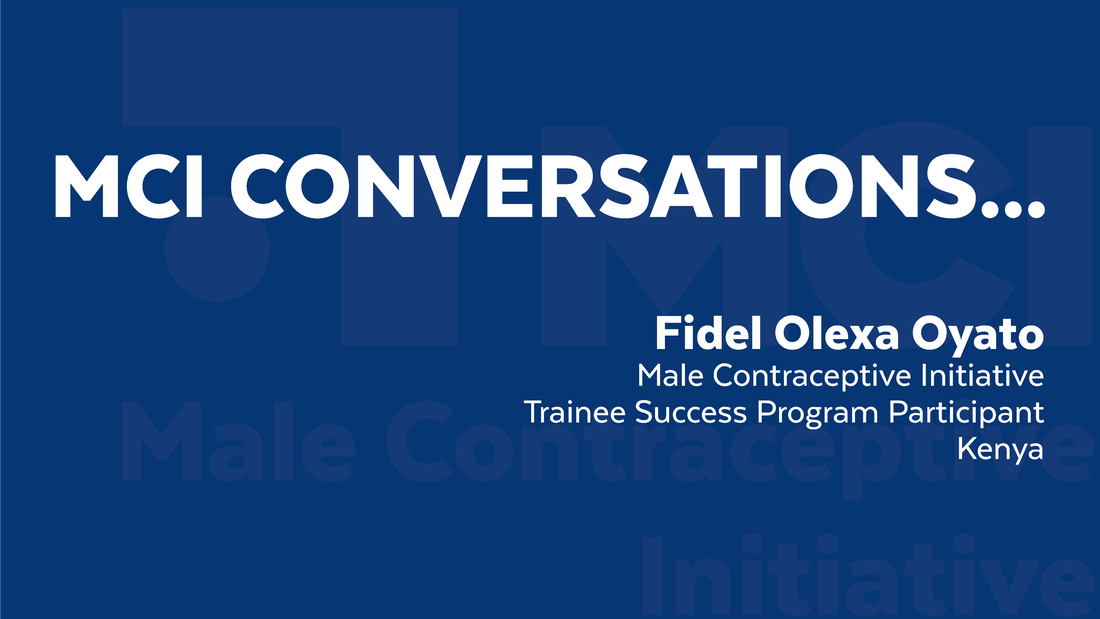
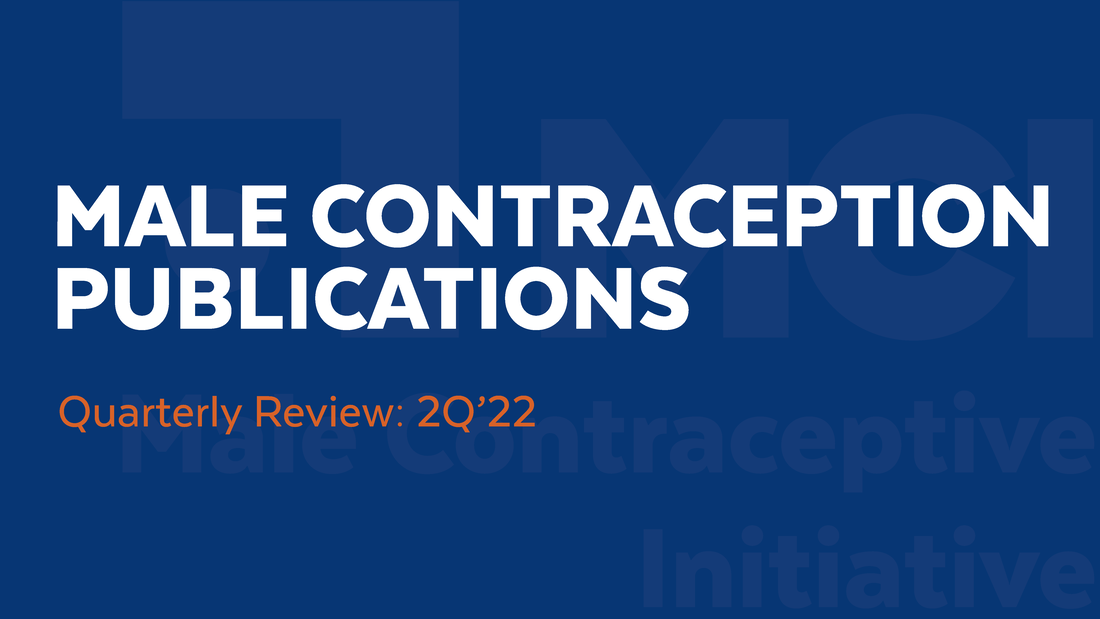

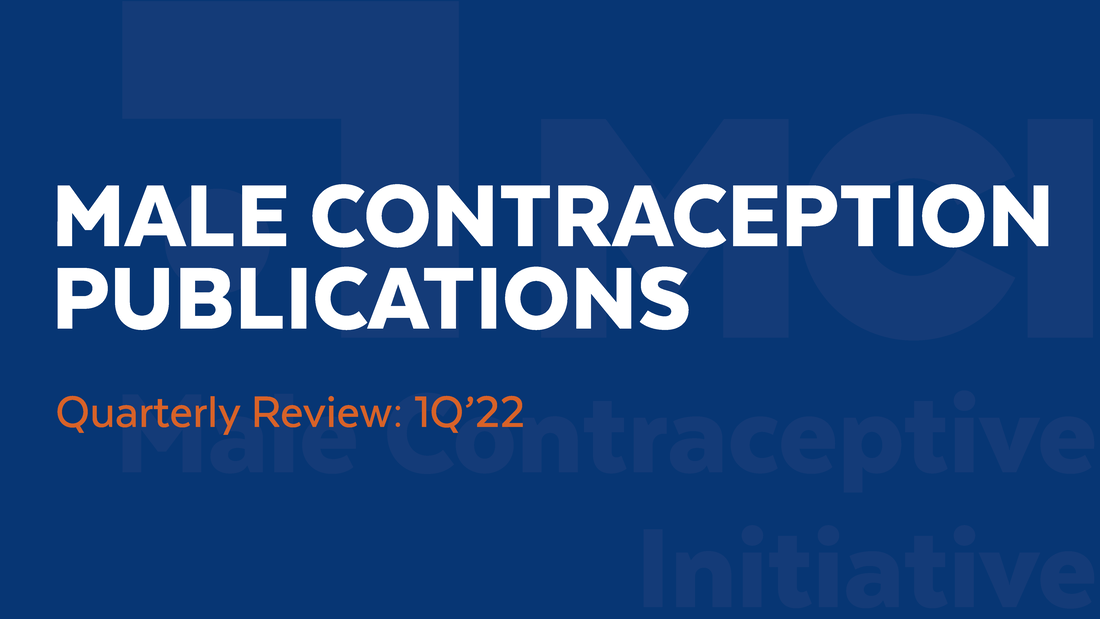



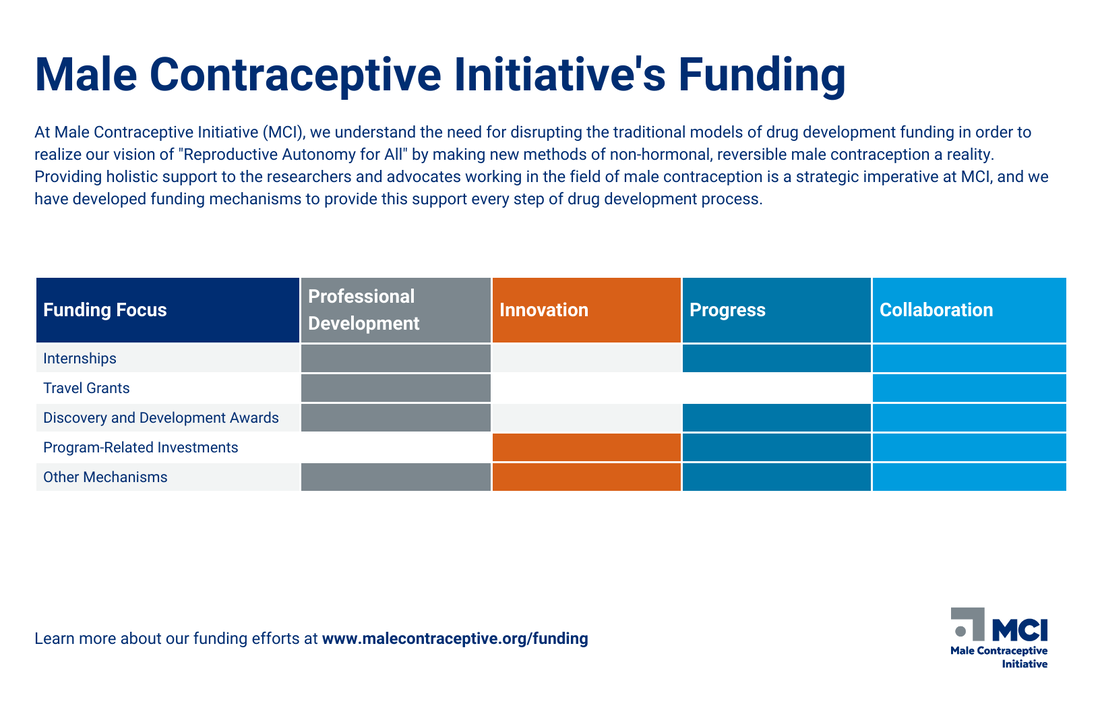
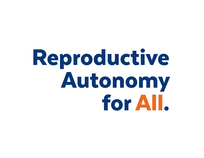





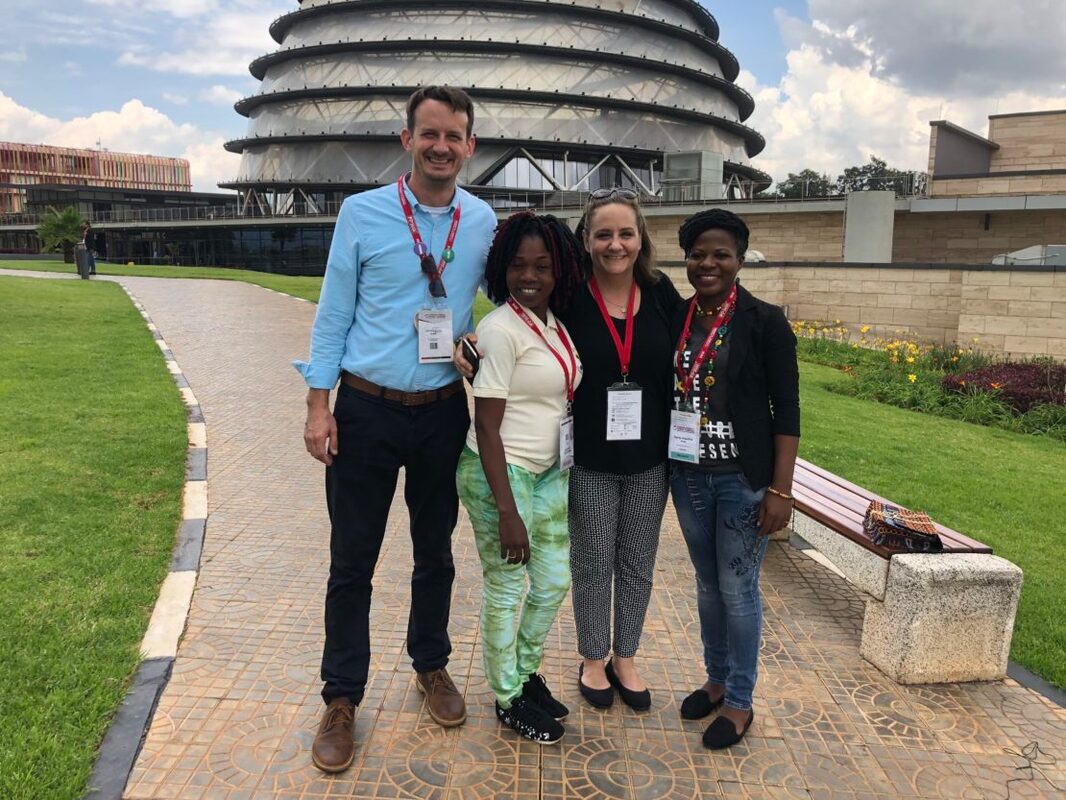
 RSS Feed
RSS Feed
